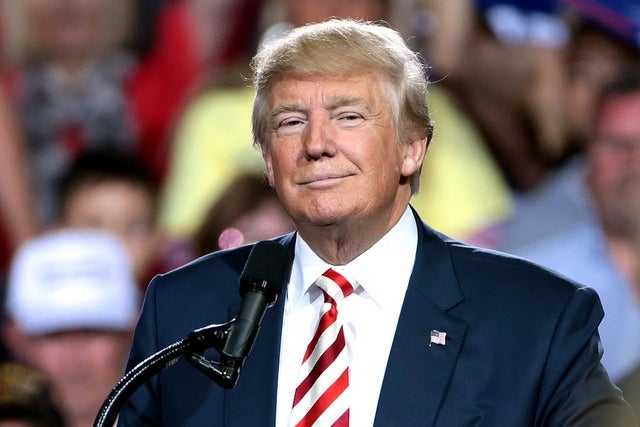
If you have a razor-sharp ear, and you live in Massachusetts and California, on March 10, you may have heard what sounded a lot like a collective sigh of relief. For all the talk about a potential shake-up of the FDA, with President Donald J. Trump nominating Scott Gottlieb to lead the FDA, the president has selected a candidate who appeases the establishment.
For states like Massachusetts and California in particular, two notable pharma and biotech hubs, the consensus appears to be one of approval as Gottlieb is largely viewed as one of the industry’s own.

Discover B2B Marketing That Performs
Combine business intelligence and editorial excellence to reach engaged professionals across 36 leading media platforms.
As a qualified physician, Gottlieb has extensive experience in the pharmaceutical industry. He currently serves as a clinical assistant professor of Medicine at New York University and is a resident fellow at the American Enterprise Institute.
What’s more, the FDA nominee is no stranger to the organization having previously served as deputy commissioner during the George W. Bush administration. But intriguingly, some of Gottlieb’s views run counter to some of Trump’s key policies as Sarah Carlin-Smith of Politco points out:
When it comes to drug prices, Gottlieb has historically favored industry-friendly policies that don’t align with Trump’s most prominent ideas. Gottlieb has opposed negotiations in Medicare’s prescription drug program, a policy traditionally supported by Democrats that Trump has embraced. Though negotiations wouldn’t fall under FDA authority, Gottlieb would be yet another top administration health care official who’s opposed drug negotiations… [He] also opposes drug importation, another idea Trump has supported as a way to lower costs.
While Gottlieb’s opposing views to Trump create intrigue over how their future relationship could play out, some have questioned whether his appointment could create future conflicts of interest. This is due to his involvement on the advisory boards of several companies, such as GlaxoSmithKline, Bristol-Myers Squibb, and formerly Vertex Pharmaceuticals. While experts anticipate Gottlieb will resign from all roles, assuming his nomination is confirmed by the Senate, not all are convinced he can avoid the problems his links could create.

US Tariffs are shifting - will you react or anticipate?
Don’t let policy changes catch you off guard. Stay proactive with real-time data and expert analysis.
By GlobalDataIn a recent interview with the LA Times, Michael Carome, director of the Health Research Group at the advocacy organization Public Citizen, said Gottlieb will find it difficult to “… disentangle himself from these conflicts of interest even with recusal.”
To be the FDA commissioner involves holding sway over numerous policies that could have massive implications on the industry as a whole. With financial ties to several pharmaceutical companies, Carome argues this would put Gottlieb in a difficult position.
“He has spent most of his career dedicated to promoting the financial interests of the pharmaceutical industry, and the U.S. Senate must reject him,” he said.
So while Gottlieb appears to have the backing from most in the industry, it’s his financial links that could present significant barriers when Senate hearings get underway. For Trump, this is an issue he’ll be hoping doesn’t present a headache in a presidency thus far laden with controversy.





